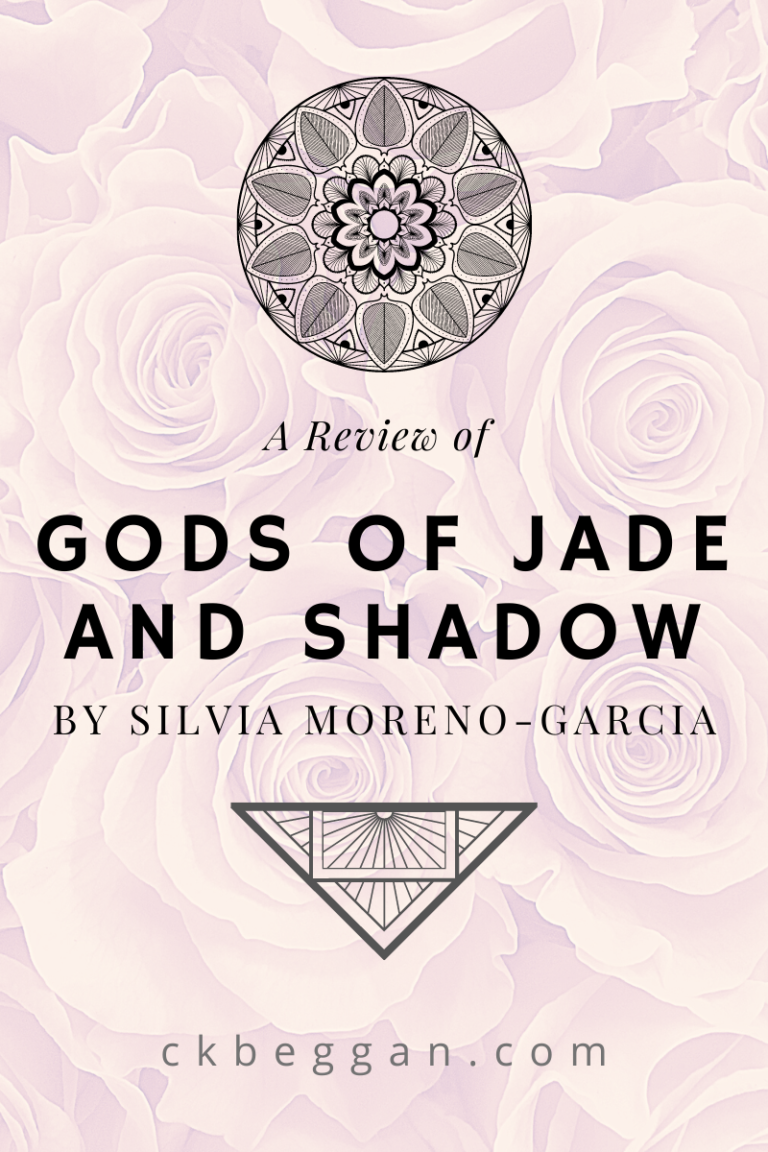
Go on. Get your heart broken by this book. I dare you.
After finding the Mayan God of Death locked in her grandfather’s room, Casiopeia Tun embarks on a modern-ish (a hundred years ago) Odyssey-style quest to return Hun-Kame to power and thwart his usurping twin. Sounds like a romance, right?
Just wait.
Casiopea is not a willing participant in her adventure—although it’s fair to say she’s a dazed one. Trapped in a life of servitude to her harsh uncle and tyrannical (somewhat one-dimensional) cousin, she has dreams of driving a car, swimming in the sea and dancing like in the movies. Nowhere do her dreams include having the life slowly sucked out of her by Hun-Kame. And that’s exactly what will happen until she can help the deposed god reclaim the rest of his body.
Then again, life at home as a servant wasn’t that great, either. Family issues aside, her home region is also extremely religious. Now that she’s been seen leaving it with a man, her reputation is ruined. For Casiopeia, there can be no going home.
Fantasy without borders
Readers eager to read fantasy in non-european settings will be thrilled to delve into this Mexican mythology-based Adventure
With the promise of repayment and the whole thing just being over, Casiopeia bears it stoically even as Hun-Kame asks more and more of her (and her reputation is continually ruined). She flirts, she gets a flapper bob, she slides in amongst revelers in cities she only dreamed of seeing. It’s a wild ride, and she comes fairly close to taking it in stride even as a whole slew of mythological figures and creatures cross her path. Sometimes, though, it’s just too much. As strong as Casiopeia is, she has a vulnerable side and occasionally has to cry—as most of us would after meeting hungry ghosts.
Casiopeia is a dreamer, and though she always wanted more from life, what she really wants isn’t so unreasonable. All she’s ever hope for is to have control of her own fate. Though she’s finally away from home, her unwitting bargain with Hun-Kame means she has to face just how little control she has.
To put another wrench in the works, as Casiopeia begins to come into her own as a young woman, Hun-Kame becomes increasingly human. A theme of the hopefulness of the young—and a youthful romance—begins to take shape.
There isn’t much dawdling in the book, but I did feel as though I’d been on a long journey by the time it was through. For all its somewhat glib adventures, it’s an emotional story, and readers run the gamut alongside its young protagonist. The crisp prose and historical tidbits about each location on Casiopeia’s odyssey also added flavor. I very much enjoyed the writing, and often read the lightly snarky chapter openings aloud to family members, who were mostly willing. But as the story goes on, it becomes more character-driven, particularly as the end of the quest creeps into sight.
Of all the characters in the story, though, it’s Casiopeia and Loray, a demon she encounters, who feel the most real, which is perhaps why they find their way back to each other: they’re the only two who have the depth of character to continue on after so much change and loss. Casiopeia starts out young and hopeful; Loray, a little too wise about the ways of the world and literally trapped. For all Casiopeia stands to gain from her quest, she loses a lot, too—including her hope. It leaves the reader with the same sort of stunned emptiness Casiopeia feels at the end.
After going through so much with her, I wish there had been more to the ending than watching Casiopeia drive out of sight—even if she does seem to be in good company. For all he knows about human kind and the underworld, Loray is still full of a zest for life (and exploration), even if it’s all about simple pleasures. He also proves to be particularly kind.
Want more Mayan Mythology?
The Popol Vuh is filled with foundation myths and can be read for free on google.
The climax of the Gods of Jade and Shadow is heartbreaking, beautiful, and in all, makes it a gorgeous novel with a slightly abrupt ending that will still leave you thinking about it long after—and hurting for its characters. I did wish for a lot more out of the wrap-up section of the book, but was left with a lasting emotional impact from it, a sort of raw open ending that its main character is left with.
Then again, maybe that’s just a sign of good writing and a loveable character. It’s true that, just like Hun-Kame, I would’ve like to stay with Casiopeia a little longer.
To learn more about other titles by Silvia Moreno-Garcia, visit her blog.
